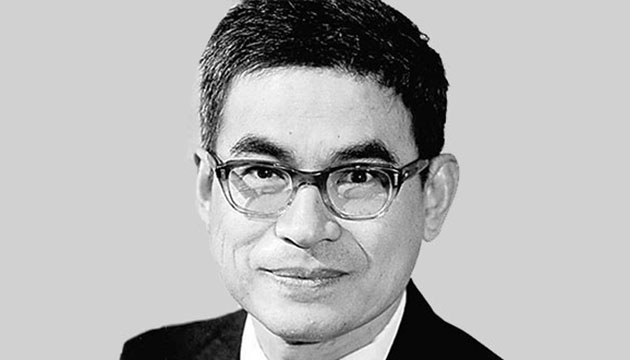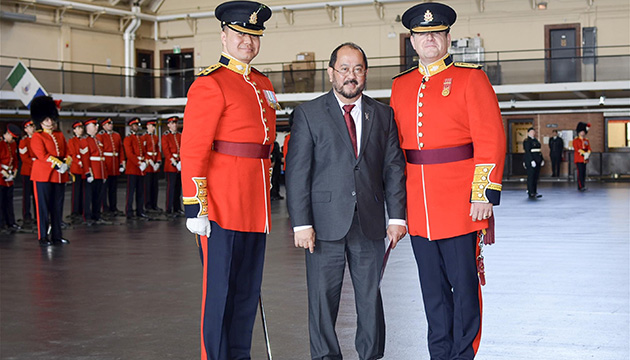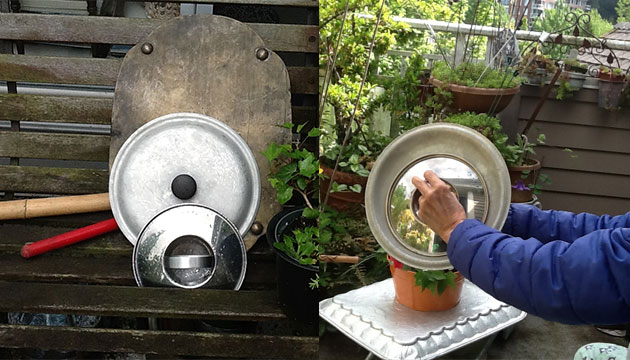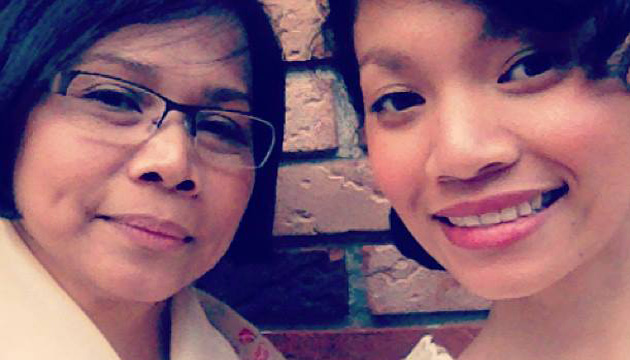For most, to call 2018 a crazy year is an understatement, what with new realities like fake news and the #MeToo movement. But 2019 forces us Filipinos to remind ourselves of who we are, what we are made of, what we are capable of doing. A new year is a chance to turn over a new leaf, to turn our backs on the year that was and to accept a brand new opportunity to make real changes. And we Filipinos can easily do that by going back to the basics through the virtues that we have become known the world over – but this time with the wisdom of those many lessons we have learned as a people.
Perseverance
Remember the 1986 People Power Revolution? In that singular event we showed the world our collective kapwa – that spirit of being together as one with what is good and right. It saw the toppling of a dictatorship and all was well again in the country after a decades-long dictatorship.
Alas the collective kapwa did not last very long. So soon after, the Marcos family, with the current administration’s stamp of approval, buried the patriarch at the Heroes Cemetery traditionally reserved for those who brought honour to the country. So quickly have the Marcoses re-joined the political arena. So quickly did our nation forget the Marcoses’ sins. We are once again divided.
But because we do persevere, we are now urged, once again, to rise up and make right with the promise not to let history repeat itself.
Resilience
Filipinos are resilient. In the face of calamity, our collective kapwa come together to help each other. Typhoon Yolanda brought devastation in 2013 but also brought Filipinos from around the world to help by either volunteering or donating cash.
Resilience brings Filipinos to different parts of the world not only to survive but to flourish. Here in Canadian Filipino Net (CFNet), we continue to feature stories of individuals and groups who succeed in whatever endeavor they choose to undertake. These are stories that we at CFNet hope our readers can take inspiration from.
But to be resilient also demands that we resist the temptation to normalize despair and poverty because we do not deserve to despair and be poor. We need to learn to fish, so to speak, in order to be fed a lifetime and not to rely on hand-outs to feed for a day. Natural calamities can not be prevented but how we react to them can be planned. The Philippines is a poor country but it is rich with people who are also known to be creative, resourceful and hard-working. And because we are all these, Filipinos deserve quality of life with dignity and respect.
Hard-working
Often on Canadian media and political events, Canadian Filipinos are characterized as hard-working. But if we are creative, resourceful and hard-working, why is it that there are not a lot of Canadian Filipinos who count among Canada’s who’s who? Perhaps unsure of one’s footing in the Canadian workplace, Filipinos lack the requisite assertiveness that Western culture is known for.
Be confident (but also be honest) that you have put in a good day’s work but also challenge yourself to self-promote without being the office jerk. Do less crab mentality, more pagbubuhat ng sariling bangko (assertive) and less hiya (shy). Self-promoting doesn’t mean doing things “loudly” so others will notice. It means doing work creatively, efficiently and with quality and energy so much so that those who matter, the higher-ups, will take notice.
Family-oriented
Filipinos, whether in Canada, the Philippines or elsewhere in the world, cherish their families. This is evident in the millions of overseas foreign workers (OFWs) who, in 2017, sent a total of US$31.29 billion in personal remittances and over US$28 billion in cash remittances, according to the Central Bank of the Philippines. These remittances account for about ten percent of the country’s gross domestic product – all in exchange for the pain of leaving one’s family behind with the hope that her children, nieces and nephews or grandchildren may build a better life for themselves.
Filipinos need to recognize too that family dynamics constantly change amid this socio-economic reality and that every available tool via social media apps like video chats and internet phone connections needs to be utilized in order to keep some semblance of the family.
Polite
Being polite is a trait that Filipinos and Canadians share. It is easy for Canadian Filipinos to say “sorry” and “thank you” and open the door for others because it is in their Filipino nature to also say “paumanhin”, “salamat” and give up one’s seat on the bus for an elderly person.
This one we should unequivocally keep especially in today’s discourses about politics and social events that tend to become heated even among family members. One must observe respectful discourse no matter where one stands in the political spectrum (or maybe nowhere at all).
Hospitality
Filipinos are big on welcoming. The expression mabuhay belongs solely to the Filipino. We party any chance we get and welcome friends, family, friends of friends and even strangers who just happen to be in the area to join us. The Philippine Commonwealth government welcoming Jews during the Holocaust is evidence of this hospitality (see https://canadianfilipino.net/news/426-canada-and-philippines-contrasting-legacies-on-jewish-refugees-during-the-holocaust).
But we also must know that hospitality has its limits. You own your house, it says so on the title, no matter what the neighbour’s nine-dash line says. Believe in what is rightfully yours and the world will help you claim your stake.
By the CFNet Editorial Board
Contact us at:










